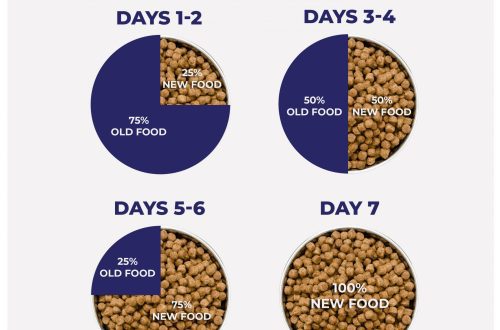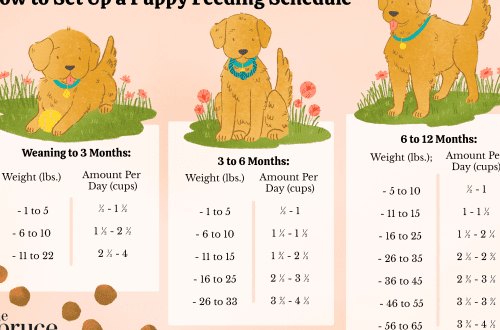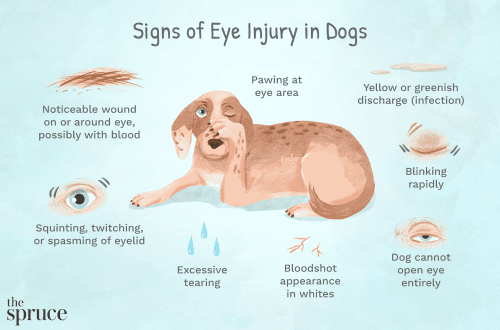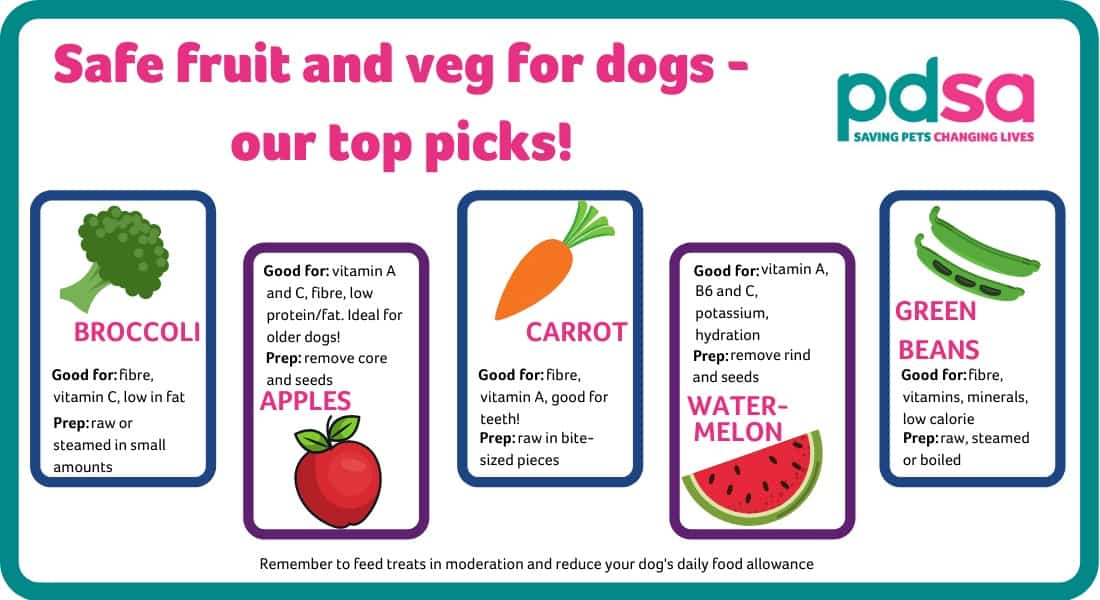
Is it possible to give pets fruits and berries?
Should you feed your dog raw food? If you’ve ever heard from other owners how great their pets are on a raw meat diet, you’ve probably wondered. Proponents of the BARF diet for dogs claim that dogs are biologically close to their wolf ancestors, and eating raw foods provides them with healthier skin, coat and teeth, more energy, and less stool, according to PetMD. However, these claims are hardly supported by scientific facts. In fact, much of the scientific research on the BARF dog diet shows that it has more disadvantages than advantages.
Contents
Dogs are not wolves
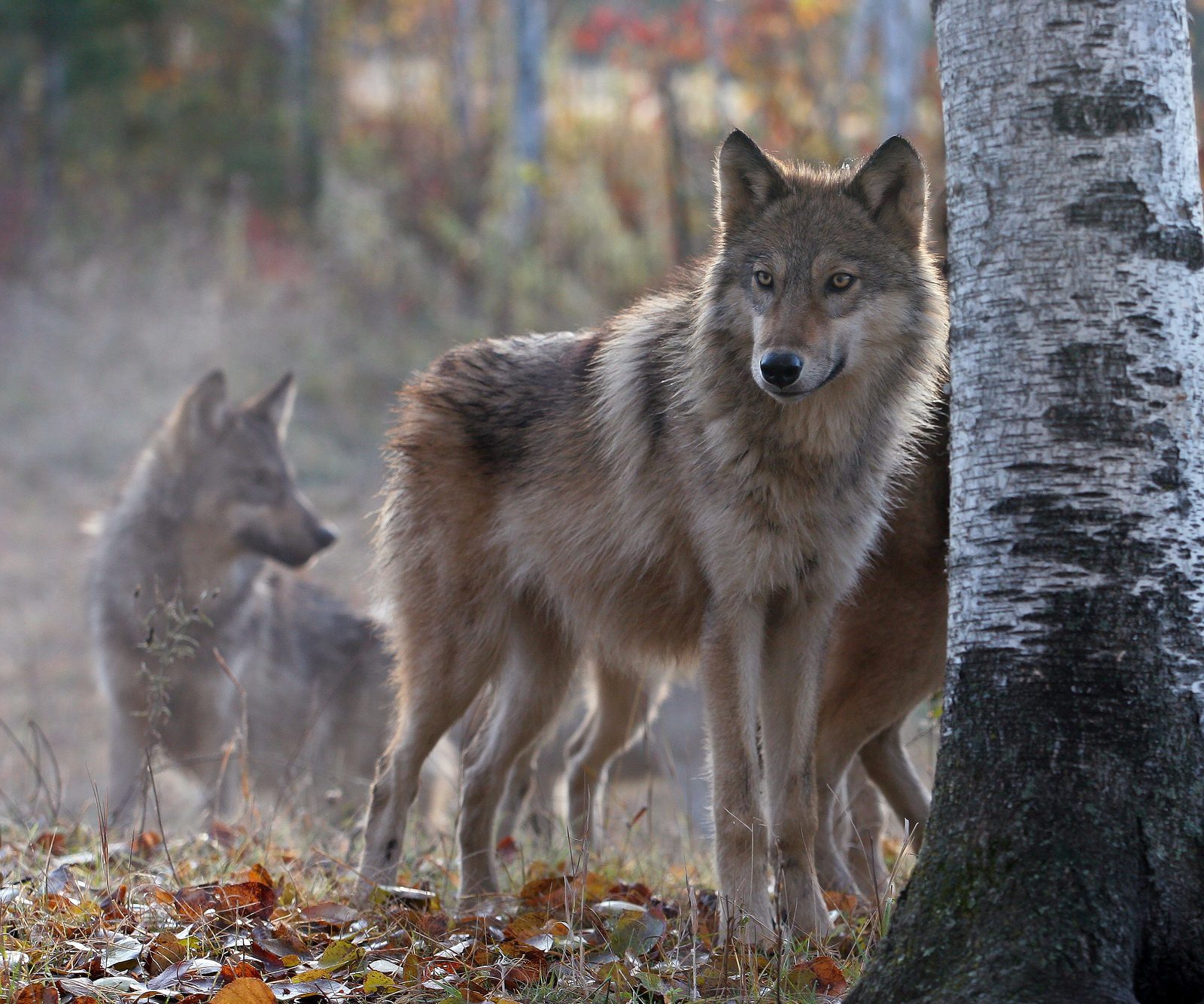 It is widely believed that since dogs are descended from wolves, their diet should be like that of their wild ancestors. Since wolves are carnivores, that is, they only eat meat, it is assumed that dogs should also be fed as carnivores.
It is widely believed that since dogs are descended from wolves, their diet should be like that of their wild ancestors. Since wolves are carnivores, that is, they only eat meat, it is assumed that dogs should also be fed as carnivores.
The problem is that dogs are genetically different from wolves, says Science Magazine. Dogs diverged from wolves and were domesticated thousands of years ago. Since then, they have lived next to a person, having the opportunity to eat what a person eats. In a study published in the journal Nature, scientists presented evidence that dogs have adapted genetically to eating meat and carbohydrates. If you feed your pet only raw meat, as if he were a tamed wolf, then he will be deprived of vital vitamins and nutrients. Such a diet can seriously harm his health.
The dangers of the BARF diet for dogs
A study conducted by the US Food and Drug Administration (FDA) from 2010 to 2012 found that raw pet foods are more likely than other types of food to contain pathogens. bacteria. These include Salmonella and Listeria monocytogenes. As a result, the FDA issued a warning that raw pet food is dangerous to health. In addition, veterinary organizations such as the American Animal Hospital Association and the American Veterinary Medical Association (AVMA) have officially recommended against feeding dogs raw meat.
Not only can your dog get food poisoning from eating raw meat (contaminated with the disease-causing bacteria Salmonella, E. Coli, and others), but most likely, he himself will become their carrier, the authors of The Whole Dog Journal suggest. The acid in a dog’s stomach can neutralize infectious bacteria, keeping it from getting sick, but there is a risk that it will pass these bacteria on to other animals and humans through contact. Worse still, according to a 2011 study in The Canadian Veterinary Journal, many of the Salmonella bacteria found in dog meat are resistant to antibiotics.
Another danger of eating raw food is bones and other hard parts that have not been removed from the food. They can lead to suffocation or damage to the pet’s esophagus. And finally, the BARF diet is not balanced and does not provide your dog with adequate amounts of calcium, phosphorus and vitamin D, which are essential for his development. With a calcium imbalance, for example, a puppy may have problems with the formation of the skeleton.
Balanced diet
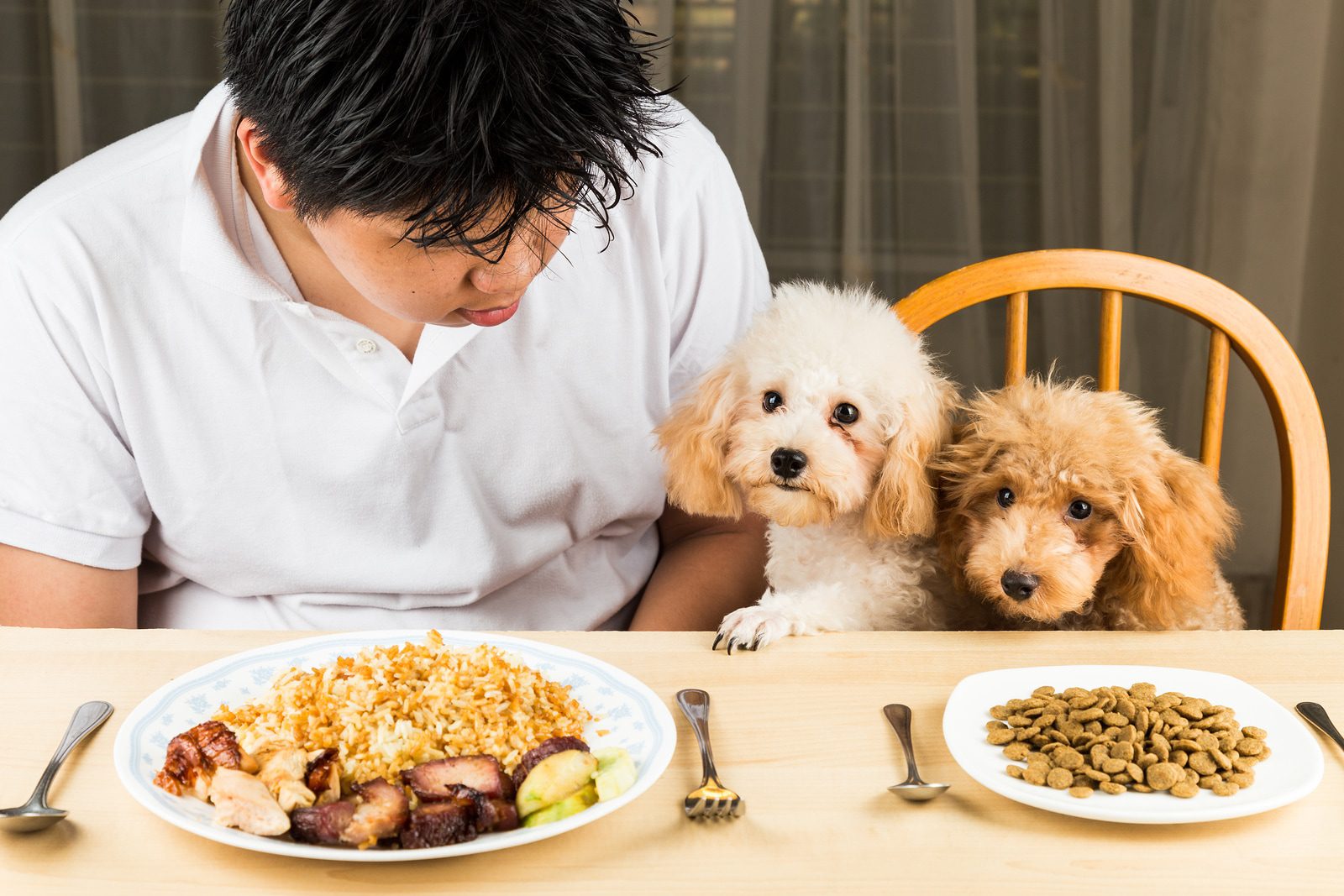 Of course, another reason the BARF diet for dogs has been criticized is that it is unbalanced. The American Society for the Protection of Cruelty to Animals recommends feeding healthy animals that do not need a special diet with a balanced diet of proteins, water, fats, carbohydrates, vitamins and minerals. High-quality dog foods are formulated specifically to meet their needs for these nutrients. Moreover, the nutritional needs of a dog at different stages of life vary. As a rule, dog food is developed specifically for each stage of development of the pet.
Of course, another reason the BARF diet for dogs has been criticized is that it is unbalanced. The American Society for the Protection of Cruelty to Animals recommends feeding healthy animals that do not need a special diet with a balanced diet of proteins, water, fats, carbohydrates, vitamins and minerals. High-quality dog foods are formulated specifically to meet their needs for these nutrients. Moreover, the nutritional needs of a dog at different stages of life vary. As a rule, dog food is developed specifically for each stage of development of the pet.
Proponents of the BARF diet claim that the condition of a dog’s skin and coat improves after switching to raw foods, but the reason for the previous deterioration could be the poor quality of the previously consumed food, environmental factors that were previously present, or a negative reaction to the ingredients of a certain food. Switching to a high quality food can lead to similar improvements, providing your pet with all the nutrients it needs.
Safety of the BARF Diet
Despite the risks and lack of scientific evidence for the health benefits of raw foods for dogs, many people continue to insist that the BARF diet is the healthiest diet for pets. If we haven’t been able to convince you that feeding your dog raw meat should be avoided, here are some FDA guidelines to help reduce the risk of infection for both you and your pet.
- Avoid touching your face, especially your mouth, while handling raw dog food.
- Wash your hands thoroughly with soap and water after handling raw dog food.
- Clean and disinfect all surfaces and utensils that come into contact with raw dog food. The FDA recommends washing the surface with soap and water, followed by a chlorine solution prepared at the rate of one tablespoon of chlorine per liter of water.
- Freeze meat and poultry before use. But be aware that freezing does not guarantee the destruction of all bacteria. Salmonella and E. coli are sometimes resistant to temperature extremes. Defrost meat in the refrigerator or microwave, not in the sink or on the counter.
- Handle raw meat and poultry carefully to prevent meat juices from spilling onto other surfaces.
- If your pet hasn’t finished their portion, refrigerate any leftovers immediately or dispose of them safely.
- Do not kiss your pet on the face, do not let him lick your face.
- Be sure to wash your face and hands after dog contact and licking.
When handling raw dog foods, it is recommended to wear disposable gloves and feed your pet from disposable plates. Children and the elderly, especially those susceptible to food-borne diseases, should avoid contact with raw dog food.
Pet feces can also be a source of infection. Be sure to clean and dispose of them with care, avoiding skin contact. Wash your hands thoroughly with soap after cleaning.
Given all this evidence of the dangers of the BARF diet, the next time you ask: “Should I feed my dog raw meat?” – you can confidently answer: “No.” Although the enthusiasm of the proponents of this diet for dogs can be infectious, the safety of the household and the pet is paramount. If you are still in doubt, consult your veterinarian about the most suitable food for your dog.



